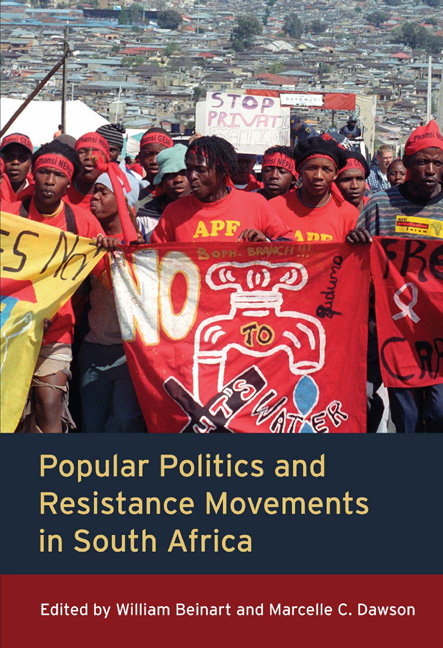Sustainable food based dietary guidelines could be leveraged by national governments to lead transitions to more sustainable food systems. Many countries are in the process of updating their national dietary guidelines to incorporate sustainability (1). In 2021 during the preparations for the United Nations Food Systems Summit, the Irish government announced their aim to become a world leader in sustainable food systems(2).To achieve this, a coherent food system approach is needed, which involves updating the dietary guidelines in line with this goal. To help inform future updates of dietary guidelines in Ireland, this study aimed to identify the sustainability gaps in current Irish dietary guidelines, and barriers to making them more sustainable.
The sustainability gaps in the guidelines and barriers to addressing them were identified by combining a content analysis of the Irish dietary guidelines and supporting documents to evaluate their sustainability, with semi-structured stakeholder interviews to identify barriers to sustainable dietary guidelines. The guidelines were evaluated using an integrated framework by Ahmed and colleagues (3) covering four dimensions of sustainability; ‘health’, ‘economic’, ‘ecological’ and ‘socio-cultural and political’. Semi-structured interviews were held with eight key stakeholders in research, food industry and governance in the Irish food system. Transcripts from interviews were analysed using NVivo 12. A thematic analysis was carried out based on Clarke and Braun’s method(4).
Across the four dimensions of sustainability, the Irish dietary guidelines scored highest in the ‘human health’ (6/8). Food safety and the nutrition aspects of food security were the two aspects of the human health dimension which were not incorporated in the dietary guidelines. However, scores were universally low in the other dimensions, scoring 1/8 in both the ‘socio-cultural and political’ and ‘economic’ dimensions, and 0/8 in the ‘ecological’ dimension. Key barriers to closing these gaps, identified by interviewees included: a siloed approach toward food policy in Ireland; lack of evidence of long-term nutritional impacts of shifting towards sustainable diets; knowledge and behaviours of consumers; no agreed framework defining and monitoring progress towards sustainability; the social and economic importance of animal sourced foods in Ireland and the affordability of sustainable diets.
Future versions of the dietary guidelines need to address the gaps identified in this study to incorporate multiple dimensions of sustainability. While doing so, the government will also need to tackle the barriers to closing these gaps highlighted by stakeholders, if they are to fulfil the ambition to be a world leader in sustainable food systems.
It would also be worthwhile carrying out research on barriers and enablers to compliance with dietary guidelines to improve uptake. An integrated food systems approach including larger sample a range of stakeholders, including consumers, is recommended when updating future dietary guidelines.
